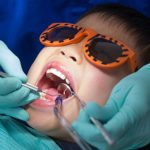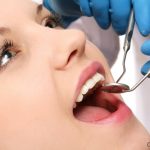Smoking and Wisdom Teeth Removal: When is it Safe to Light Up?
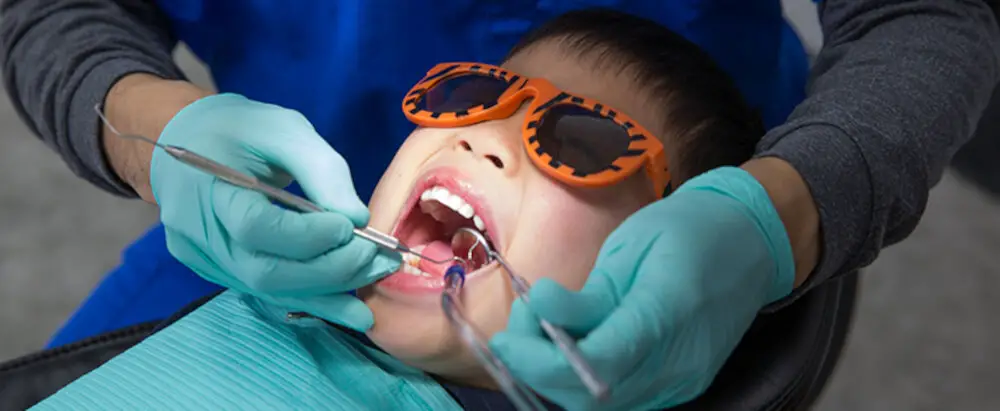
Smoking is a popular habit among people of all ages and backgrounds. However, it can also cause severe health issues, especially after undergoing dental procedures. Wisdom teeth removal, in particular, is a common dental procedure that requires special attention from smokers. The question is, when is it safe to light up after wisdom teeth removal? This article aims to provide insight into the effects of smoking on wisdom teeth removal and when it is safe to resume smoking. Wisdom teeth removal is a surgical procedure that involves the removal of the third molars. The procedure is typically performed under local or general anesthesia, and patients are advised to avoid smoking for several days after the surgery. Smoking, particularly cigarette smoking, can delay the healing process, increase the risk of infection, and cause complications such as dry socket. Thus, it is crucial to understand the effects of smoking on wisdom teeth removal and when it is safe to resume smoking. The following paragraphs will explore the risks and benefits of smoking after wisdom teeth removal, as well as provide tips on how to quit smoking to promote proper healing.
Wisdom teeth removal is a common surgical procedure that involves the extraction of one or more molars located at the back of the mouth. While the procedure itself is relatively safe, patients may experience some pain and swelling in the days following the surgery. Smoking after wisdom teeth removal can significantly increase the risk of complications, including dry socket, infection, and delayed healing. Smoking can also reduce blood flow to the affected area, which can inhibit the body’s natural healing process. For these reasons, it is recommended that patients refrain from smoking for at least 72 hours after wisdom teeth removal to minimize the risk of complications and ensure a successful recovery.
What happens when you smoke after wisdom teeth removal?

Smoking after wisdom teeth removal can have severe consequences on the healing process. The smoke and chemicals in cigarettes can cause dry sockets, a painful condition that occurs when the blood clot in the extraction site becomes dislodged. Dry sockets can delay the healing process and lead to infections, which can cause further complications. The nicotine in cigarettes can also constrict blood vessels, reducing blood flow to the extraction site and slowing down the healing process. Smoking can also weaken the immune system, making it harder for the body to fight infections and delaying the healing process even more. Therefore, it is highly recommended to avoid smoking for at least 72 hours after wisdom teeth removal to reduce the risk of developing dry sockets and other complications. It is crucial to note that smoking after wisdom teeth removal can also interfere with the effectiveness of pain medication. Smoking can cause the medication to break down faster, reducing its effectiveness and making it harder to manage pain. Additionally, smoking can irritate the extraction site, causing further pain and discomfort. Therefore, it is important to follow the dentist’s instructions carefully and avoid smoking until it is deemed safe to do so. Patients should also avoid using any tobacco products, including e-cigarettes and vaping, as they can also cause dry sockets and other complications. It is best to wait until the extraction site has fully healed before resuming smoking to ensure a speedy recovery and reduce the risk of complications.
Smoking after wisdom teeth removal can significantly increase the risk of complications during the healing process. The chemicals in cigarette smoke can delay the healing process and cause dry sockets, a painful condition where the blood clot that forms in the extraction site is dislodged. Dry sockets can lead to infection and further complications that can prolong the recovery period. The act of smoking itself can also cause negative effects on the healing process, as the suction created can dislodge the blood clot and cause bleeding. Additionally, smoking can increase the risk of developing gum disease and other oral health issues, which can hinder the healing process and prolong recovery time. It is important to avoid smoking for at least 72 hours after wisdom teeth removal to reduce the risk of complications and promote a quicker recovery.
Dry socket, also known as alveolar osteitis, is a painful condition that can occur after a tooth extraction. It happens when the blood clot in the socket where the tooth was removed becomes dislodged or dissolves too quickly, exposing the underlying bone and nerves. Smoking is a significant risk factor for developing dry socket. The chemicals in cigarette smoke can slow down the healing process by reducing blood flow and oxygen supply to the wound, which can make it harder for the blood clot to form and stay in place. Additionally, the suction created by smoking can dislodge the clot and delay the healing process further. Therefore, it is crucial to avoid smoking for at least 72 hours after wisdom teeth removal to reduce the risk of developing dry socket.
How long should you wait before smoking after wisdom teeth removal?
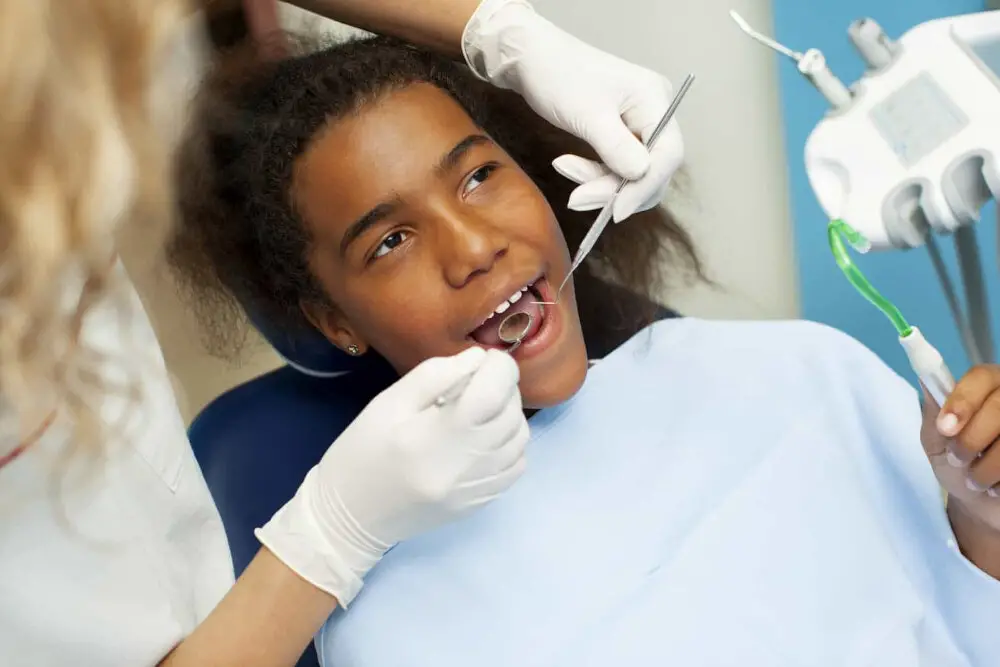
When it comes to smoking after wisdom teeth removal, it is important to understand that smoking can significantly delay the healing process and increase the risk of complications. After wisdom teeth removal, the extraction site is very vulnerable and sensitive, and smoking can cause dry socket, which is a painful condition that occurs when the blood clot that normally forms after a tooth extraction is dislodged or dissolved. Therefore, it is highly recommended to avoid smoking for at least 72 hours after wisdom teeth removal. This is the minimum amount of time required for the blood clot to stabilize and the healing process to begin. However, it is important to note that this is just a general guideline and the exact time frame may vary depending on the individual case and the dentist’s instructions. Moreover, it is important to keep in mind that smoking can also have long-term effects on oral health. Smoking is a major risk factor for gum disease and oral cancer, and it can also stain teeth and cause bad breath. Therefore, it is highly recommended to quit smoking altogether, not just after wisdom teeth removal. If you are a smoker, talk to your dentist or healthcare provider about resources and strategies to help you quit smoking and improve your oral health. Remember, taking good care of your teeth and gums is essential for overall health and well-being, and avoiding smoking is one of the best things you can do for your oral and general health.
The recommended waiting period before smoking after wisdom teeth removal is crucial for a successful recovery. Smoking can delay the healing process and increase the risk of complications such as dry socket. It is suggested that patients wait at least 72 hours after the surgery before smoking to allow for proper blood clot formation and tissue healing. However, it is advisable to wait longer if possible as smoking can still disrupt the healing process even after 72 hours. Nicotine, carbon monoxide, and other harmful chemicals in cigarettes can impair blood flow and oxygen delivery to the surgical site, leading to delayed healing and potential infection. Therefore, it is best to abstain from smoking altogether during the recovery period to ensure a smooth and speedy recovery.
The length of time a person needs to wait after wisdom teeth removal before smoking can vary based on several factors. Firstly, the complexity of the extraction procedure plays a significant role. If the extraction was more complicated, it may take longer for the gums to heal, and smoking may further delay the healing process. Secondly, the frequency and intensity of smoking can also affect healing time. Heavy smokers may need to wait longer before smoking to avoid complications such as dry socket. Additionally, the individual’s overall health and immune system also play a crucial role in the healing process, and smoking can have a detrimental effect on both. Therefore, it is important to follow the post-operative instructions given by the oral surgeon and avoid smoking until it is deemed safe to do so to ensure a successful and speedy recovery.
Following your dentist’s instructions after wisdom teeth removal is crucial for a successful and speedy recovery. Your dentist will provide you with specific guidelines on how to take care of yourself after the procedure, including what to eat, how to clean your teeth, and when to resume normal activities. Ignoring these instructions can lead to complications such as dry socket, infection, and prolonged pain. It is especially important to avoid smoking after wisdom teeth removal as it can delay healing and increase the risk of complications. While it may be tempting to light up, the best course of action is to listen to your dentist and follow their instructions carefully to ensure a smooth and safe recovery.
Alternative options to smoking after wisdom teeth removal
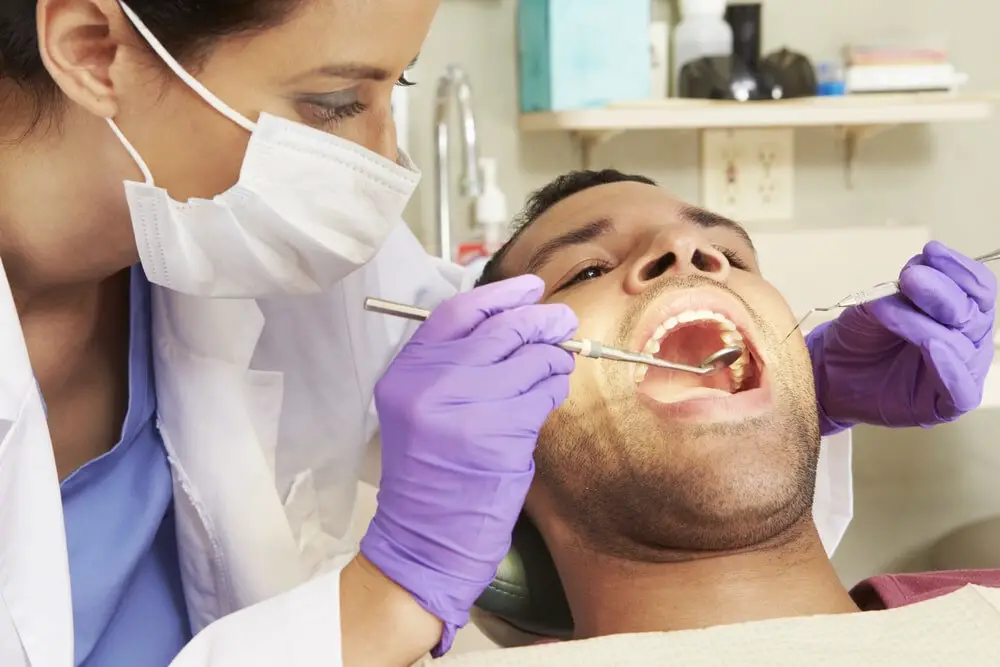
After wisdom teeth removal, smoking can be a dangerous activity that can hinder the healing process. The smoke from cigarettes can irritate the gums, delay the healing process, and even lead to infections. Therefore, it is essential to find alternative options to smoking that can help satisfy the cravings without putting one’s health at risk. One of the best alternatives is to use nicotine patches, gum, or lozenges. These products can help ease the cravings for nicotine and provide a similar sensation to smoking without the harmful effects of smoke. Nicotine patches are applied to the skin and release nicotine slowly, while gum and lozenges are chewed or sucked to release the nicotine. These products are available over-the-counter and can be found at most drug stores. Another alternative is to switch to vaping. Vaping involves inhaling a vapor that contains nicotine, which satisfies the cravings without producing harmful smoke. Vaping has become an increasingly popular alternative to smoking in recent years, and there are many different types of vaping devices available on the market. However, it is important to note that vaping can still have negative effects on oral health and can cause dry mouth, which can slow down the healing process after wisdom teeth removal. Overall, finding alternative options to smoking after wisdom teeth removal is critical to ensure a speedy and healthy recovery.
After wisdom teeth removal, smoking can significantly delay the healing process and increase the risk of complications such as dry socket. Therefore, it is crucial to consider alternative options to smoking during the recovery period. Nicotine patches, gum, or lozenges can provide a nicotine fix without the harmful effects of smoking. Vaping or using e-cigarettes may seem like an alternative, but it is not recommended as the vapor can still irritate the sensitive tissues in the mouth. Additionally, it is essential to avoid alcohol consumption and any physical activity that can increase blood pressure, which can also delay the healing process. It is best to consult with a healthcare professional to determine the most suitable alternative options for your specific needs.
Nicotine replacement therapy is a popular option for those who want to quit smoking or manage their cravings after wisdom teeth removal. It involves the use of nicotine patches, gum, lozenges, inhalers, or nasal sprays to provide nicotine to the body without the harmful effects of smoking. These products work by gradually reducing the amount of nicotine consumed over time, helping to wean the body off the addiction. Other options to manage cravings include behavioral therapy, such as mindfulness and meditation, and prescription medication such as bupropion and varenicline. It is important to consult with a healthcare professional to determine the best course of action for managing cravings after wisdom teeth removal and quitting smoking.
Avoiding smoking during the healing process after wisdom teeth removal has numerous benefits. Firstly, smoking can increase the risk of infection and delay the healing process. Nicotine and other chemicals in cigarettes can constrict blood vessels, reducing the amount of oxygen and nutrients that reach the healing tissue. This can result in slower healing time, increased pain and swelling, and a greater risk of complications such as dry socket. Additionally, smoking can suppress the immune system, making it harder for the body to fight off infection. Therefore, it is highly recommended to refrain from smoking during the healing process to ensure a smoother and faster recovery.
Tips for avoiding smoking after wisdom teeth removal
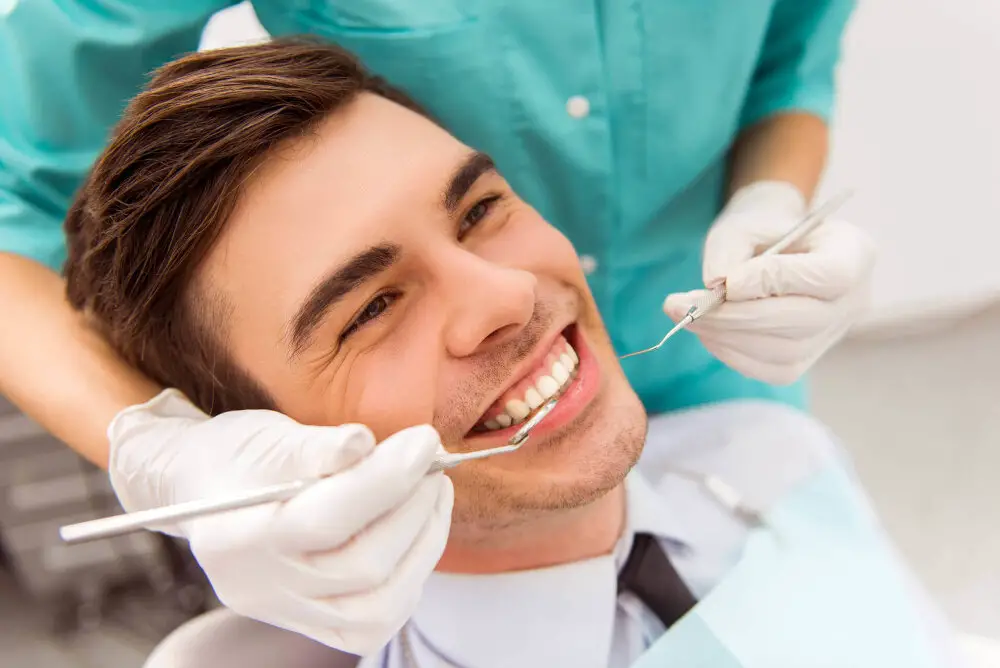
Wisdom teeth removal can be a painful and challenging experience for anyone, and smoking can further complicate the healing process. Smoking after wisdom teeth removal can lead to dry sockets, infection, and delayed healing. Therefore, it is essential to take precautions and avoid smoking for as long as possible after the extraction. To avoid smoking after wisdom teeth removal, you can try nicotine replacement therapy, such as nicotine patches or gum. These products can help you manage your cravings and reduce your urge to smoke. Additionally, you can try to find alternative ways to relax, such as meditation, exercise, or deep breathing techniques. Another way to avoid smoking after wisdom teeth removal is to stay away from smoking triggers. For example, if you usually smoke after a meal, try to stay away from eating alone or eating food that you associate with smoking. You can also try to avoid social situations where smoking is prevalent. Finally, it is essential to follow your dentist’s post-operative instructions carefully. Your dentist will provide you with specific guidelines on how to care for your teeth and gums after the extraction. By following these instructions, you can ensure that your mouth heals correctly and that you can resume smoking as soon as possible.
After wisdom teeth removal, smoking can lead to complications such as dry socket, a painful condition where the blood clot at the extraction site becomes dislodged. To avoid smoking after wisdom teeth removal, it is recommended to wait at least 72 hours before smoking. Smoking anything, including e-cigarettes and vaping devices, can increase the risk of complications. Nicotine can also restrict blood flow, which can delay healing. It is best to avoid smoking altogether during the healing process. Instead, try using nicotine replacement therapy, such as nicotine gum or patches, to help manage cravings. Additionally, staying hydrated and eating soft foods can also aid in the healing process and reduce the urge to smoke. By following these tips and strategies, patients can avoid smoking after wisdom teeth removal and promote a smooth recovery.
It is crucial to have a support system in place when undergoing any type of surgery or medical procedure, including wisdom teeth removal. Quitting smoking before and after the surgery can greatly improve the healing process and reduce the risk of complications. Having a support system can provide the much-needed encouragement and accountability to quit smoking and maintain a smoke-free lifestyle. Additionally, having someone to assist with daily tasks and offer emotional support during the recovery period can greatly alleviate stress and promote a faster, smoother recovery. A strong support system can make all the difference in successfully quitting smoking and ensuring a safe and successful wisdom teeth removal procedure.
Avoiding smoking during the healing process after wisdom teeth removal can provide numerous benefits that promote optimal healing and recovery. Smoking can significantly increase the risk of complications such as dry socket, infection, and delayed healing. By abstaining from smoking, patients can decrease inflammation, reduce the risk of infection, and improve blood flow to the surgical site, all of which can promote faster and more comfortable healing. Additionally, quitting smoking can improve overall health and reduce the risk of numerous health problems, including lung cancer, heart disease, and respiratory infections. Therefore, it is highly recommended that patients avoid smoking during the healing process to improve their chances of a successful and comfortable recovery.
After wisdom teeth removal, smoking can greatly increase the risks of complications. Smoking can delay the healing process, increase the chances of infection, and cause dry socket, a painful condition where the blood clot that forms in the socket is dislodged or dissolved. This can cause the nerves and bones to be exposed, leading to severe pain and further complications. Additionally, smoking can cause decreased blood flow and oxygen to the healing area, which can slow down the healing process and increase the risk of infection. It is important to avoid smoking for at least 72 hours or longer after wisdom teeth removal to minimize these risks.
After wisdom teeth removal surgery, it is recommended to wait for at least 72 hours before smoking to avoid complications such as dry socket. This waiting period is crucial since smoking can increase the risk of infection, delay healing, and decrease blood flow to the surgical site. For individuals who cannot wait for 72 hours, alternative options such as nicotine patches or gum can be considered as a temporary solution. However, it is important to note that these alternatives still pose health risks, and the best course of action is to refrain from smoking altogether until the surgical site has fully healed.
In conclusion, it is crucial to follow your dentist’s post-operative instructions after wisdom teeth removal and to avoid smoking during the healing process. Smoking can increase the risk of complications, such as dry socket and infection, which can result in prolonged recovery times and increased pain. The chemicals in cigarettes can also impede the healing process and lead to a delay in the formation of new tissue. By adhering to your dentist’s guidelines, you can ensure a smooth and successful recovery, allowing you to return to your normal routine as soon as possible. Remember, the benefits of quitting smoking not only extend to your oral health but also to your overall well-being.
Conclusion

In conclusion, smoking and wisdom teeth removal do not go hand-in-hand. It is crucial to abstain from smoking for at least 72 hours after the procedure to ensure proper healing and prevent complications. Nicotine and other harmful chemicals in cigarettes can delay the healing process, increase the risk of infection, and cause dry sockets, which are extremely painful. It is recommended to quit smoking altogether to improve overall health and reduce the risk of oral health problems in the future. In short, it is better to be safe than sorry when it comes to smoking and wisdom teeth removal.
